Rob Michaels: From the Little Mermaid to Marvel
Growing his YouTube channel Wishful Genies from self-made sketches to SFX-loaded Marvel parodies, writer and comedian Rob Michaels is only just getting started. After story editing on The Parker Andersons and Amelia Parker, and writing on the Archer mobile game, I sat down with Rob to talk about his start in comedy, and the importance of Middle Eastern representation in media.
How did you get your start in comedy?
Ever since I was a kid, I had an interest in this kind of stuff. I used to write my own stories; draw all my own cartoons. But my parents wanted me to be a doctor or a lawyer. You know, that whole Middle Eastern mentality. I grew up thinking those were my only options. I went to school for math because that's what I was good at and was going to go to law school after my undergrad. Then there was this episode of The Office that aired before the series finale—an hour-long special with interviews with the writers, actors and directors. It looked like so much fun. They all loved their jobs so much, but I still didn't think it was a realistic career choice. So when I graduated from school, I got a job as a consultant. I was working the regular nine to five, but I started taking Second City classes at night to see if it could overtake the business side of things.
How did Wishful Genies start?
About a year after taking classes at Second City, my good friend, Fady Ghali, who I know from high school, had a very similar journey where he was working at a marketing firm, hated it, and wanted to be an actor. He came to me and asked if I wanted to start a YouTube channel where I’d write, we’d both act. We knew we wouldn’t be YouTube famous, but at least this way, we could create stuff to send to people to show what we can do. That’s when my writing got so much sharper, because you realize how much tighter you need to be when you see it on screen. The videos were fun, but they had mediocre production value. Nothing special, nothing fancy. But then another friend of ours, Kenzie Yango, saw our stuff, liked it, and started helping with the production. It was a 180-degree difference in terms of quality when he came on. Our stuff now looks so much better.
You guys really went deep into FX with all the Marvel parodies. I’m assuming Kenzie helped make all that come to life?
Oh yeah, Kenzie's biggest interest is elevating any sketch I write. He despises any sketch that I send him that’s just four people at a bar talking. Those sketches work on stage, but the cinematic stuff is more fun to do for YouTube. We got real deep into genre. And I love doing that too. Then, for the Marvel trailer, we went all out. We knew we had a special idea, and we could make it look cool. And the more believable it was, the more people would share it.
Evil villain Wahish (Fady Ghali) and Arab superhero Habib (Rob Michaels). (Wishful Genies)
What was the first thing that propelled you forward? The videos or live performance?
It's a mix. My first job came when we had filmed about a year's worth of videos, and we had one viral hit with our Little Mermaid parody. I met someone at a Second City party, and we hit it off. He asked me to send him my pilot, so I sent him the channel as well. He watched some videos; he thought they were funny, and then reached out to me for a writer’s room a year later. So it’s tough to pinpoint the exact moment, because everything I had done added up to me getting this one, bigger opportunity.
When did you feel confident in your comedic voice?
It's still a mix. When I started writing, my goal was to not be pigeonholed into being a diverse voice. Because, a lot of times when you’re diverse, you are only seen as that. So I didn't make any comedy that was about my race, my ethnicity, nothing. I was making comedy about things that I found funny or silly. But last summer, when all the talks around racism in the industry and lack of diversity and barriers to entry came to surface, I had realized myself that I had suppressed a lot of racism.
I also have the privilege of being a little white passing/ethnically ambiguous. So, when I moved from elementary/high school to university, no one really knew I was Middle Eastern. I felt like I kind of had that privilege of not experiencing too much racism. But then last year, everything came back to up, and I had remembered all the experiences that were unfair. Like, my parents changed their last name when they first moved here to avoid racism. And I experienced a lot of racism growing up, especially after 9/11, just being Arab. I would tell my dad to park far away when he would come pick me up because the kids would see him and call us terrorists.
I started thinking about who's Arab in the media, and I could only think of like two people. That made me upset. Because if people see more Arabs on screen just being normal people, that's how you fix misconceptions about us.
I don't know if you follow soccer, but there’s an Egyptian player named Mohamed Salah on Liverpool, and he's one of the best players in the Premier League. When he started playing on Liverpool, hate crimes went down by 19%, and racist tweets against Muslims went down by 50% amongst Liverpool supporters. That shows you how important representation is. And even though I’m not Muslim, Islamophobia still affects all Arabs.
So, sorry if that’s a long answer, but I feel like I need to use my voice because it is like a unique point of view that isn't being heard. We need to bring those voices to the forefront to rectify the issues that we've had in mainstream media.
No, it’s not long at all. Thank you for sharing. I mean, I’ve heard Riz Ahmed talk about the three stages of an ethic minority actor. From playing two-dimensional stereotypes to playing more complex character where their race isn’t intrinsically linked to their story.
Exactly! His character in Sound of Metal had nothing to do with his ethnicity. He was just playing a character, and that’s what we need more of. We need people who aren’t white playing characters who happened to be that but have nothing to do with that. My whole life, I never thought I'm going to do this because I'm Middle Eastern; I was just being me, and I’m Middle Eastern. USC Annenberg did a study that analyzed the Muslim and Arab roles in Hollywood. Of the characters in 100 U.S. films, 1.1% were Muslim. And, according to the Writers Guild of America West’s 2020 Inclusion Report, 0.3% of screenwriter and TV writer positions were held by people who are Middle Eastern.
What were some of the surprising moments of your career?
I’m writing for the mobile game for the show Archer right now, which I never thought I would. But it's cool, because that's a show that everyone recognizes. It's cool to get to write for something that’s well known. Obviously, my goal is to be in TV more consistently. But it’s a good job that’ll lead to more opportunities.
What's the best piece of advice you can give to someone who wants to do comedy?
Be 100% sure that this is what you want to do and be willing to make sacrifices. You spend a lot of nights in front of your laptop staring at the same script repeatedly, trying to figure out how to make it work. It's going to be frustrating, but it has to kind of suck before it gets better. And that's just like the reality of any good piece of work. I read the book Creativity, Inc. and it was all about how the people at Pixar write all their movies, and to hear some of their initial pitches to what the movies became was hilarious. Some pitches were genuinely so bad, and then they turned into the beautiful Pixar movies everyone loves. You have to persevere and know it'll get good. Be willing to do the work.
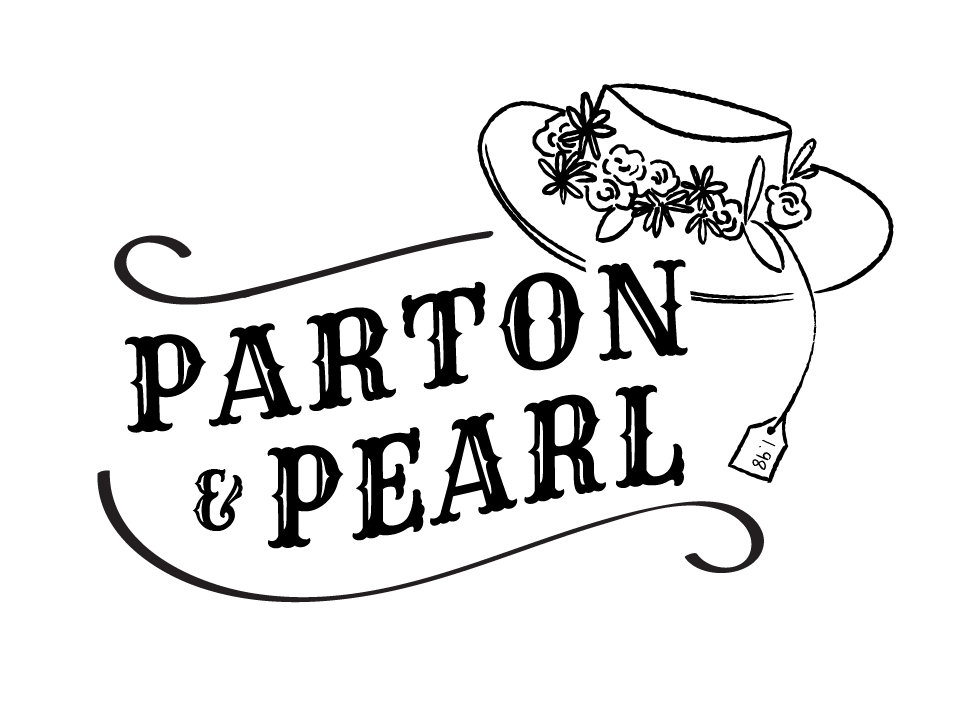



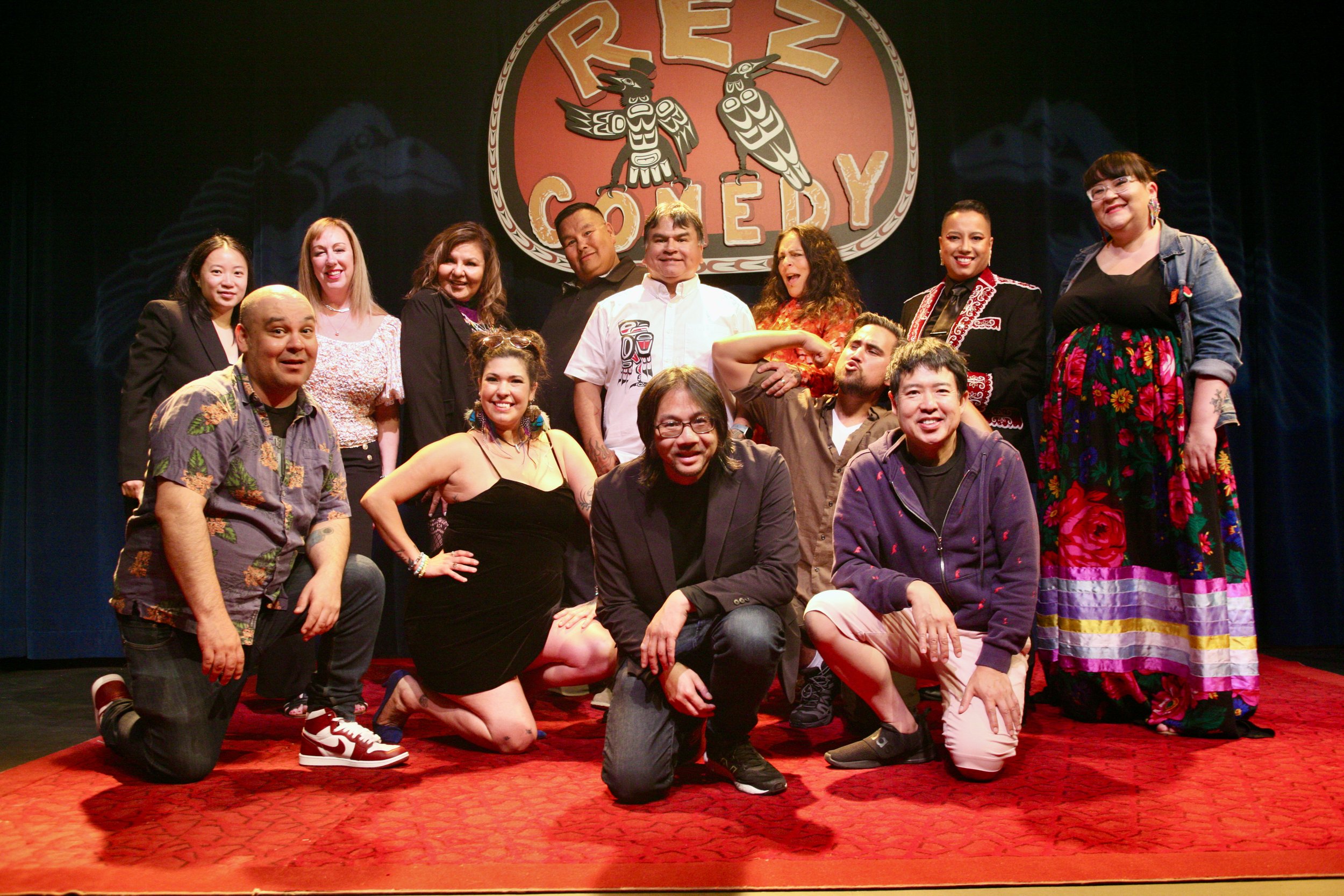
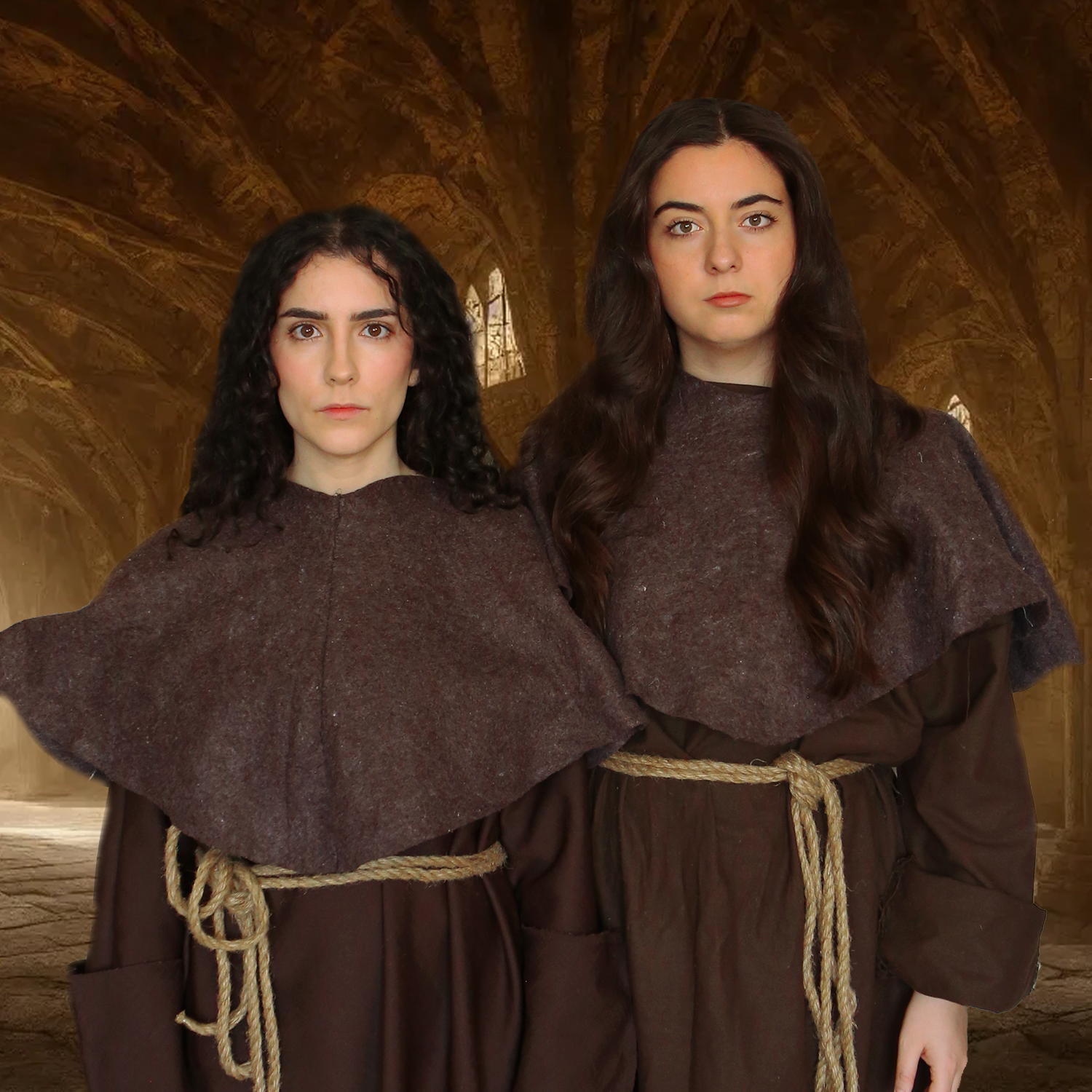
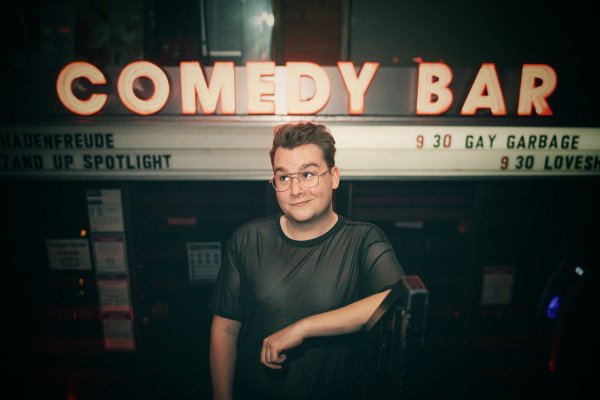

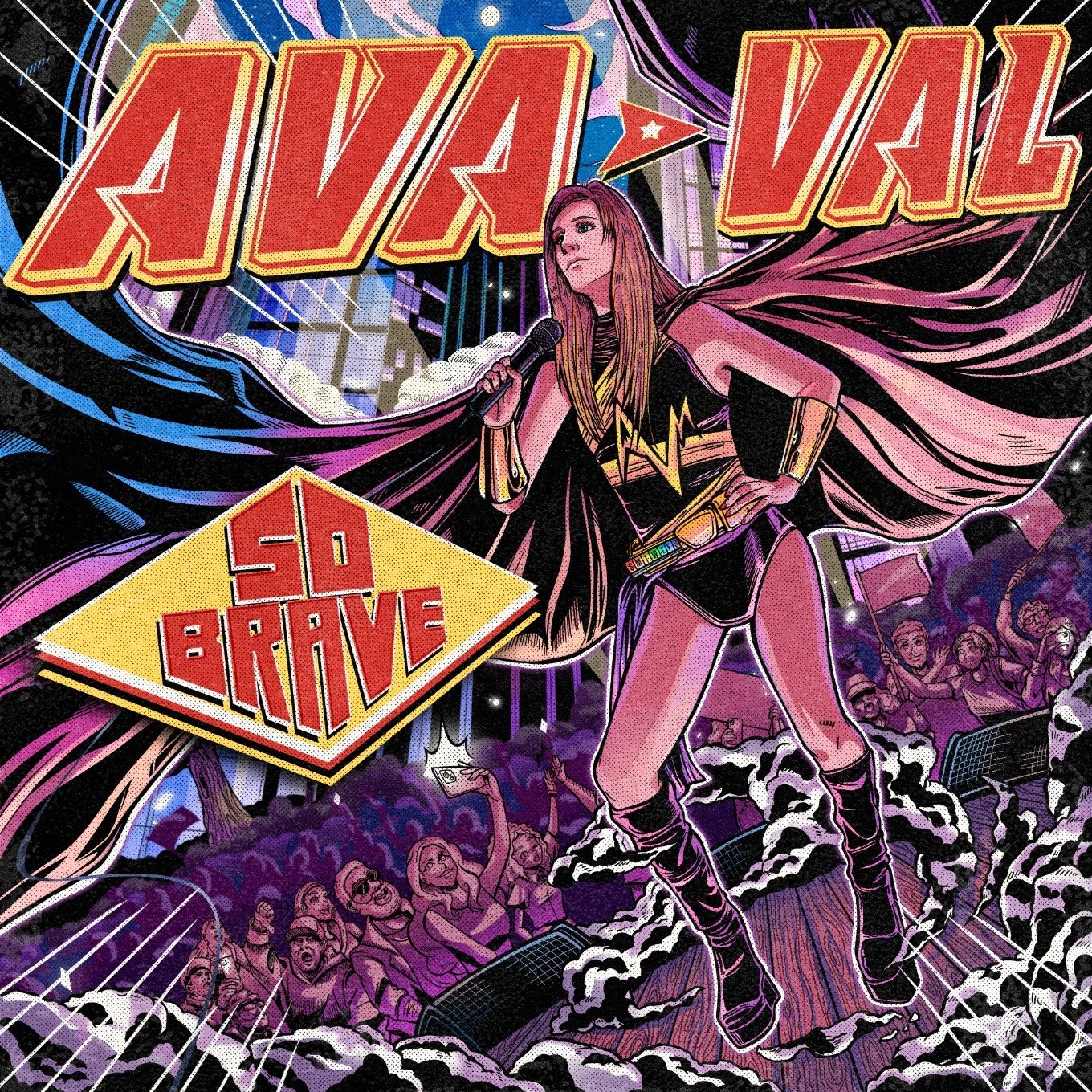

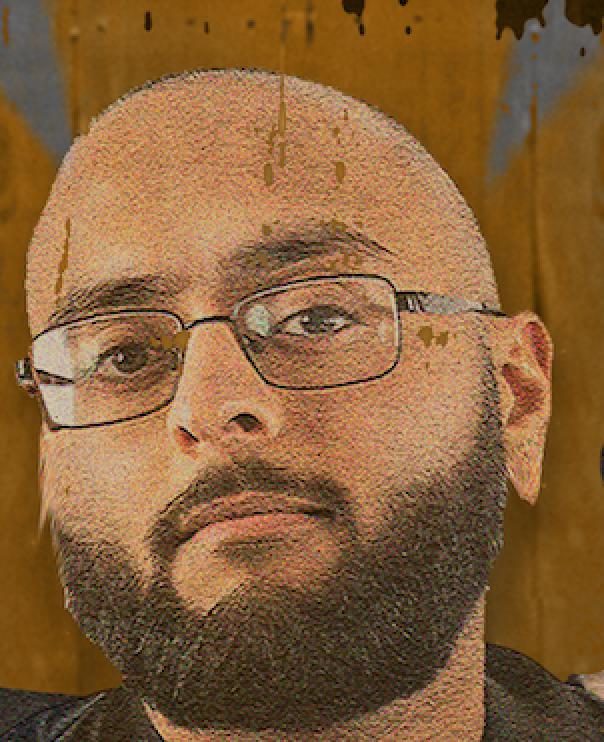

People of Comedy: Celebrating 30 Years of the Nubian Show honours comedian Kenny Robinson